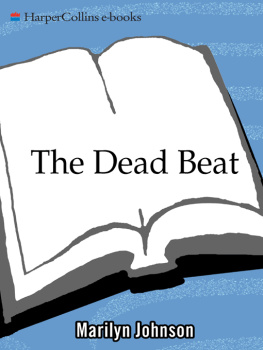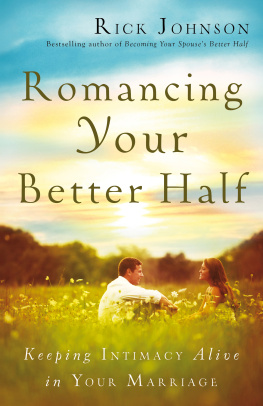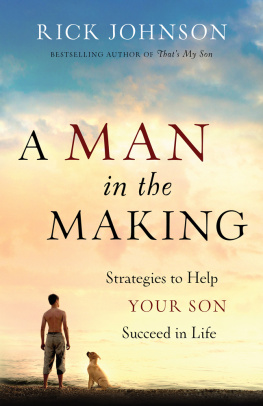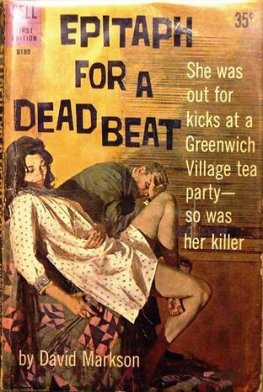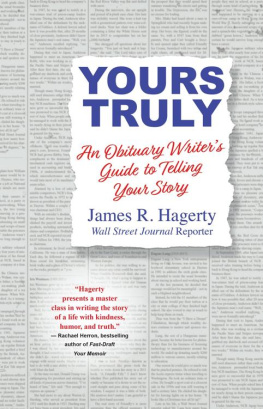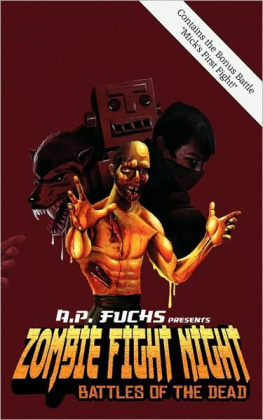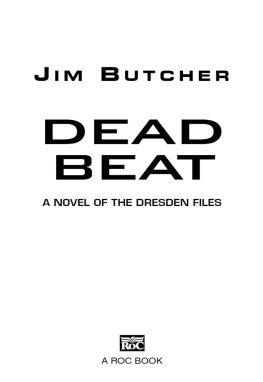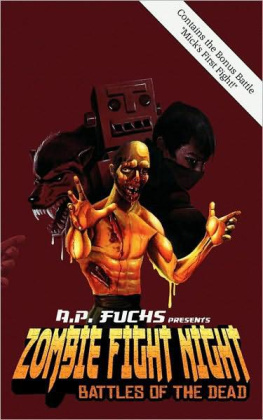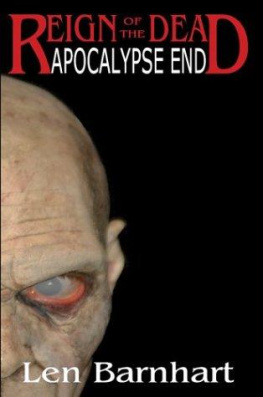P eople have been slipping out of this world in occupational clusters, Ive noticed, for years. Four journalists passed their deadline one day, and their obits filled a whole corner of the paper. What news sent them over the edge? How often do you see two great old actresses take their bows, or two major-league pitchers strike out together? Often enough to spook. Some days sculptors are called, some days pioneer cartoonists. A New York Times editor threw up his hands on June 13, 2004, and ran two almost perfectly parallel stories under one headline: WINNERS OF THE MEDAL OF HONOR FROM TWO ERAS DIE; BOTH MEN SAVED FELLOW MARINES .
It is more than coincidence, and certainly more than the vigilance of an editor on the graveyard shift. Its supernatural. I thrilled recently to a pair of obituaries for Paul Winchell, the voice of Tigger in Pooh , and John Fiedler, the voice of Piglet in Pooh ; the two had gone silent a day apart. I keep them next to my clip from October 25, 1986, the day the New York Times ran side-by-side obituaries for the scientist who isolated vitamin C and the scientist who isolated vitamin K. One was ninety-three; the other ninety-two. One died on a Wednesday, one on a Thursday. Ones farewell ran three columns, one ran two. One extracted the vitamin from tons of cattle adrenals scooped from the Chicago slaughterhouses, and also from paprika. One extracted female hormones from tons of sow ovaries. Make something of these differences if you dare. Albert Szent-Gyorgyi and Edward Adelbert Doisy, Sr., Dr. C and Dr. K respectively, both Nobel Prize winners, left the world together.
Did they get the idea from John Adams and Thomas Jefferson? In 1826, the second and third presidents of the United States died in harmony on July 4, exactly fifty years after they adopted the Declaration of Independence. The New-York American wrote:
By a coincidence marvellous and enviable, THOMAS JEFFERSON in like manner with his great compeer, John Adams, breathed his last on the 4th of July. Emphatically may we say, with a Boston paper, had the horses and the chariot of fire descended to take up the patriarchs, it might have been more wonderful, but not more glorious. We remember nothing in the annals of man so striking, so beautiful, as the death of these two time-honoured patriots, on the jubilee of that freedom, which they devoted themselves and all that was dear to them, to proclaim and establish. It cannot all be chance.
No, surely it cannot all be chance. These are mystical forces, and what better place to find them at work than in the obituaries?
Such coincidences dont occur every day, but it wouldnt take you a week to begin a creative collection. A veteran UPI photographer and a veteran AP photographer. A professor of theology, a pastor, and a nun. An author named Arthur, an architect named Aaron, and an artist named Alois. Two obstetricians. The inventor of alternate-side-of-the-street parking and one of the founders of Evelyn Woods course in alternate-word reading. The service industry of Hollywooda hairdresser, a caterer, and a costume designer. Princess Diana and Mother Teresa. Cary Grant and Desi Arnaz. The head of the tiniest kingdom in the world, the Vatican (Pope John Paul II), and the leader of the second-tiniest kingdom in the world, Monaco (Prince Rainier).
This is not craziness. Its careful newspaper reading. Each day, after I read, I wash the newsprint off my hands and think about universal harmonies. I think about things I havent thought about since childhood, such as guardian angels. I used to believe we each walked around with a sort of ghost of ourself guiding and watching over us. Is it possible that instead of a guardian angel we each have a double, a guarantee that our work gets done? If were the sort who isolates alphabet vitamins, there are two of us, just in case. If we are the voice of Tigger, the voice of Piglet backs us up.
A friend of mine used to collect bus plunge headlines. Youd be amazed how easy these are to collect. Buses plunge over cliffs and into canyons across the world, and newspaper editors seem resigned to the sameness and predictability of such a universal death. Nearly every headline reads, SO MANY KILLED IN SUCH AND SUCH COUNTRYS BUS PLUNGE . Once, the New York Times reported 10 DIE IN BRAZIL BUS PLUNGE , though it wasnt even a bus that plunged. It was a truck. But the convention persists.
I think of bus plunges as the generic passing. Many of us took the plunge yesterday. What did we have in common? We happened to be riding the same bus. Perhaps the bus is literalten of us over a precipice in a south Brazilian state. Or perhaps it is metaphorican imaginary bus that on Saturday encapsulates two vitamin scientists and on Sunday bears a cargo of handmaidens to Hollywood.
The bus is an attempt to grasp the unthinkable, of course: one day were riding along on the highway; the next, we plunge out of sight. Who knows who might be sitting beside us? Watergate prosecutor Archibald Coxs seatmate was Watergate counsel Sam Dash. Lawrence Welks trumpeter and his accordion player played a duet out the door. The queen of the Netherlands and the king of the frozen french fry left the party together. The editor-in-chief of the Bulletin of Atomic Scientists went off with the lead guitarist for a rock group called the Blasters. I clipped them all.
The New York Times comes each morning in a blue plastic wrapper, and never fails to deliver news of the important dead. Every day is new; every day is fraught with significance. I arrange my cup of tea, prop up my slippers. I open the not-yet-smudged pages of newsprint. Obituaries are history as it is happening. I know one of these days, maybe even as these pages zoom off to the press, Nelson Mandela and Doris Day and Keith Richards will materialize in the obituaries. The fact that they havent yet fills me with awe. I was sound asleep when Picasso died (73), absent for the death of Miles Davis (91). I missed the end of their stories. I wasnt yet alive in my time.
Whose time am I living in? Was he a success or a failure, lucky or doomed, older than I am or younger? Did she know how to live? I shake out the pages. Tell me the secret of a good life!
Other people, it seems, also read the obits faithfully, snip and save them, stand in the back of the old theater, feeling that warm and special glow that comes from contemplating and appreciating what has just left the building forever. The glint of gold in the sun as the newly dead lift off in their chariots. Who was Hunter S. Thompson in January 2005? A curiosity, an old writer who had made a splash as a gonzo journalist and then removed himself to a bunker in Aspen, where he fired automatic weapons for amusement; his byline, once trumpeted in Rolling Stone and Esquire and Playboy , was turning up on the ESPN website. But a month later, after he killed himself at sixty-seven, he was a pioneer journalist and stylistic genius who had acted as the conscience of his generation; he was irreplaceable. Legions of admirers and old friends came forth to bear witness to his legend. The old stories of Hunter streaking across the Las Vegas desert with a cache of drugs and his 300-pound Samoan lawyer, or spitting on Nixons grave, began to glitter. These stories had been there in January; three full-blown biographies of the man had been published in his lifetime, and both Johnny Depp and Bill Murray had played him in movies. But he had slipped below the radar of appreciation, until his appearance on the obituary page gave these stories a boost. His old books began selling like mad. Mortal Hunter had ended; immortal Hunter could begin.

